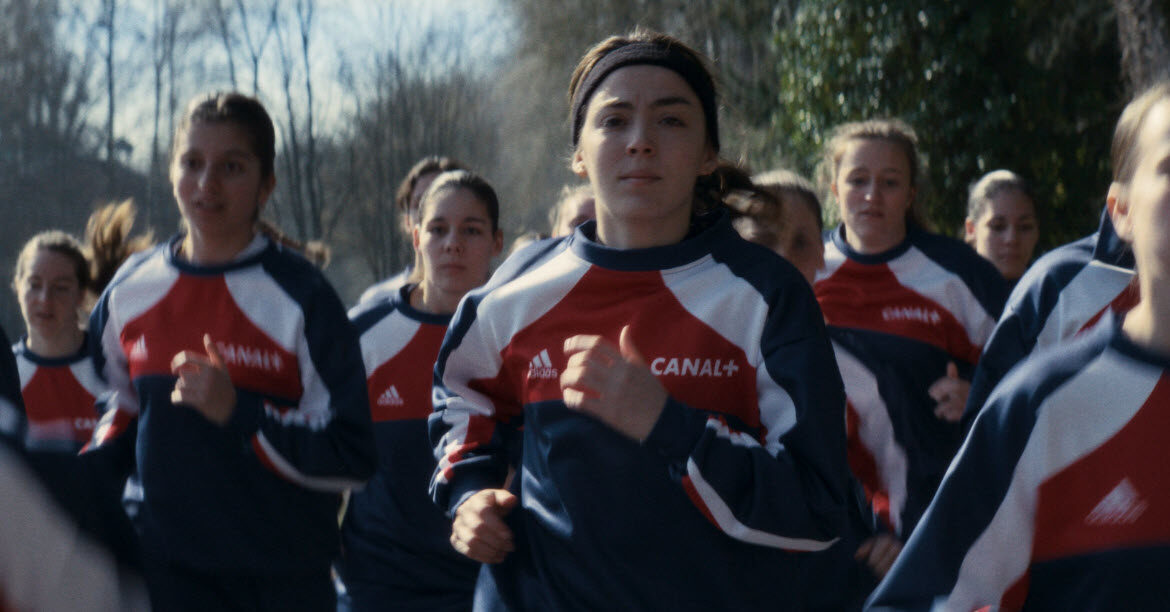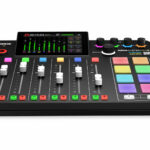If you are following the FIFA Women’s World Cup that is about to happen in Australia, this will be of major interest.
Filmed in early 2022, the film tells the story of Marinette Pichon, a pioneer of French women’s soccer and one of the game’s biggest stars. Director of Photography Xavier Dolléans, AFC talks about the project’s origins and his preparation for the seven week shoot. “We had a lengthy pre production phase of five months,” he recalls. “Very quickly, there were a lot of questions: how will we film the matches and reproduce American stadiums from a shoot in France? What cameras will be used? “Those questions led us to MPC, which specializes in visual effects and has considerable experience in the crowd duplication techniques we’d need to pack the stadiums that would form such a big part of the story.”
However, Dolléans realized that duplicate crowd shots would be very time consuming. After discussions with Laurent Larapidie, VFX Supervisor at MPC, it was decided Larapidie along with a camera assistant, would establish a splinter team working independently of the main unit to manage the extras and to realize the scenes in question. “I had entire stadiums to fill with 70 extras,” recalls Larapidie. “We’d shoot those extras from different angles, frequently changing their props, clothing and positions. It was a time consuming exercise, but the ability to work autonomously on this part of the shoot saved production considerable time. “We used CG crowd simulations for the very wide angles, but being able to use ‘crowd elements’ gave us more opportunities to achieve convincing effects.
“I was immediately interested when I heard the crew had the URSA Mini Pro 12K on set. As a VFX supervisor, I always seek technical perfection: maximum resolution, less distortion, simple color workflow and ease of management,” he adds. “It’s a camera that’s easy to set up, simple to operate and well thought out. A quick run through from the technical team to get up to scratch, and I was good to go. Plus, it’s relatively light, and we could mount it on a slider, keeping us mobile. That made handling it on the turf and changing angles easy.”
The URSA Mini Pro 12K was equipped with Atlas Lens Co. Orion anamorphic lenses with most VFX shots captured in 8K at 48fps and shot for a 2:39 aspect ratio to match the main unit cameras. VFX Supervisor Niranjan Siva confirms the advantages of working with high resolution files in post production. “We worked on 4K EXR files, down sampled from 8K by the lab, followed by an ACES color managed workflow. The added value lies in the ability to crop or zoom in on the visuals without sacrificing quality,” he said. This is a sentiment shared by Dolléans. “It is not uncommon in the film industry that VFX is called upon to perform miracles using media that lacks detail and resolution,” he concludes. “With Blackmagic’s 12K sensor, that problem doesn’t exist.”







